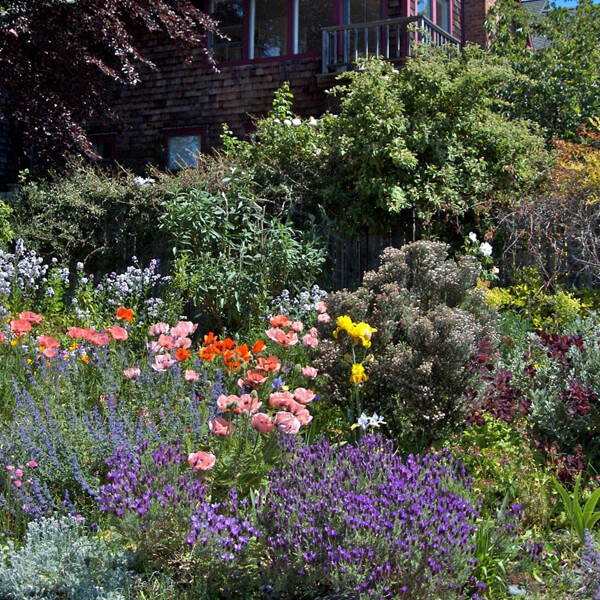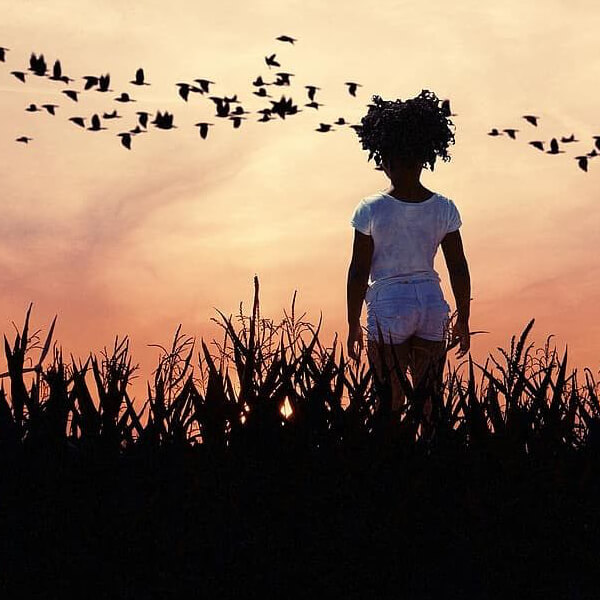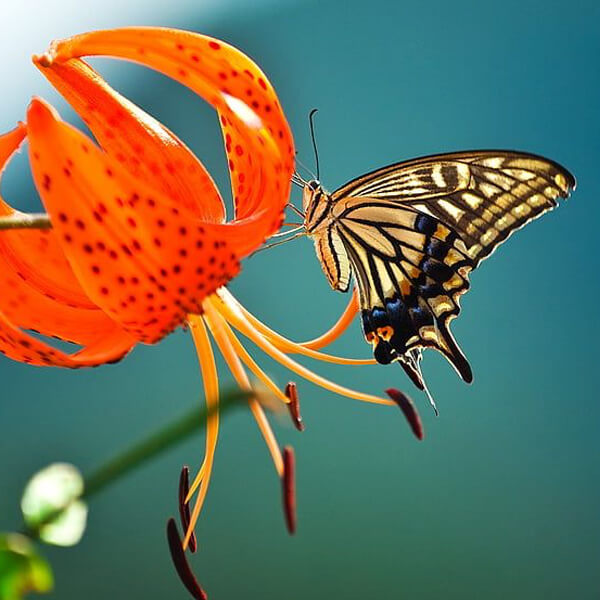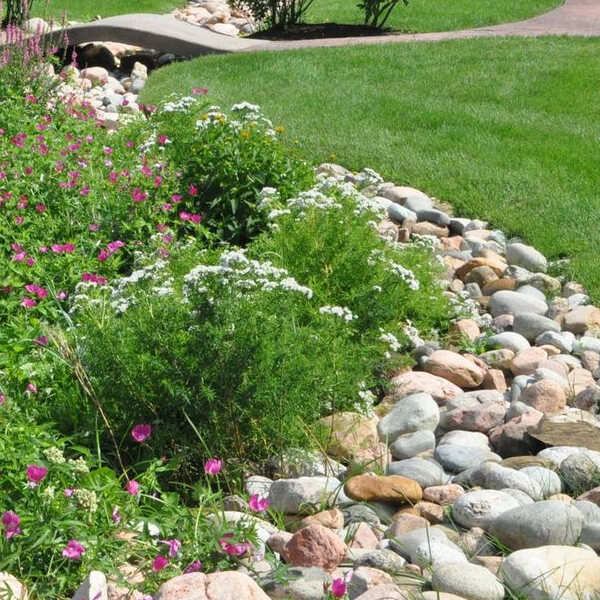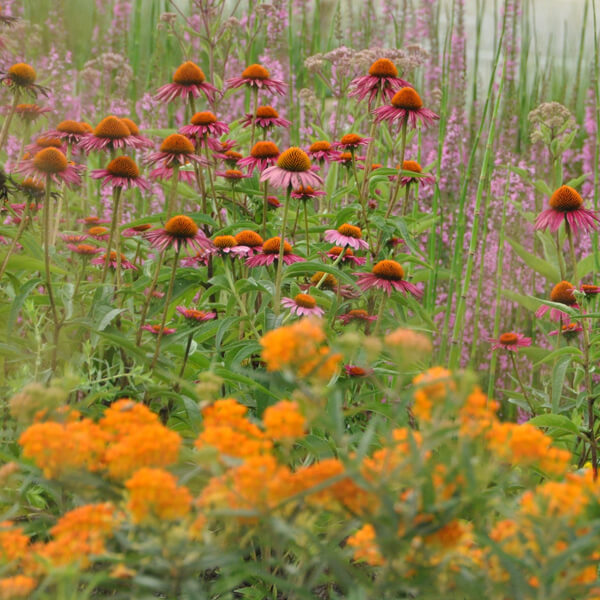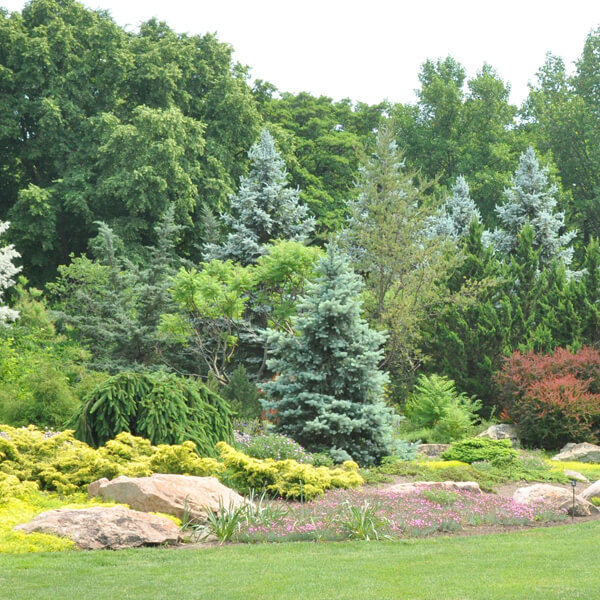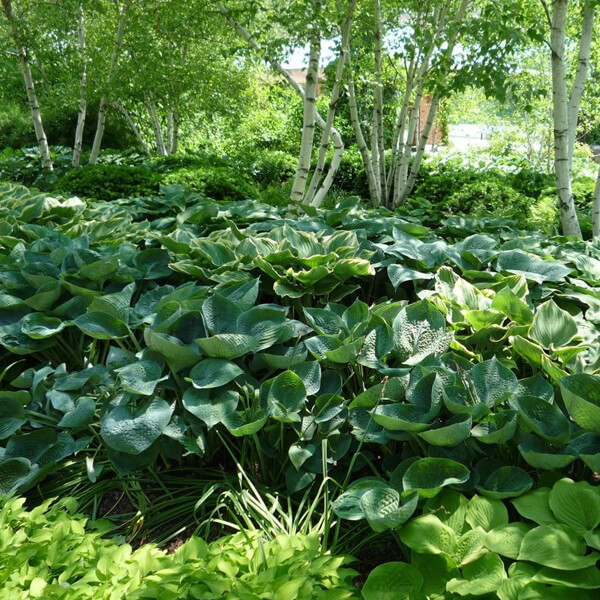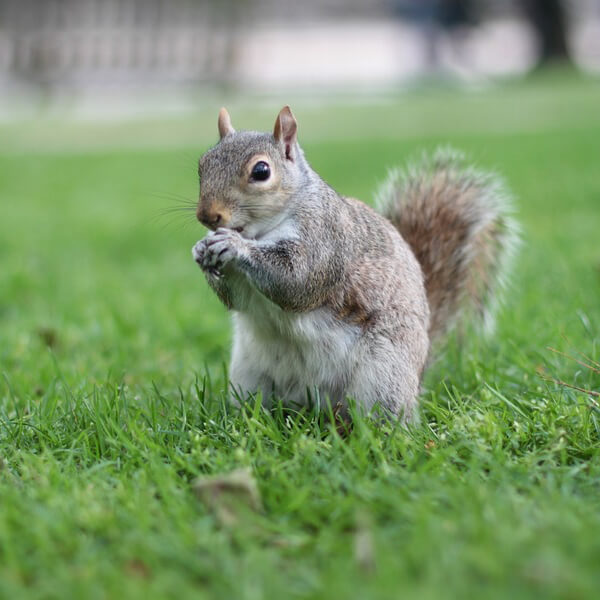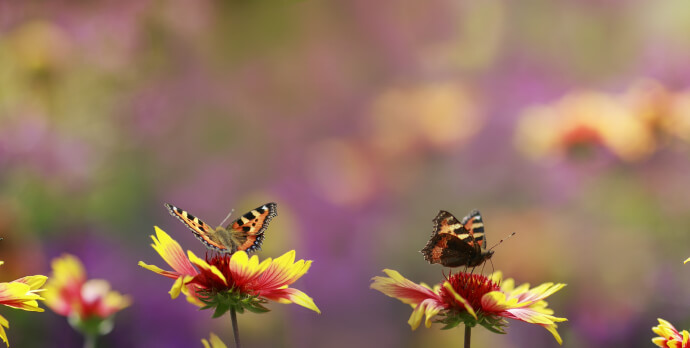
Hosting A Butterfly Gathering
My youngest granddaughter is an absolute ball of fire. She has boundless energy, endless curiosity and the attention span of a gnat. She seems to be everywhere at once, talking a blue streak, except when we are in the garden and the butterflies flutter in. Then she is mesmerized, standing quiet and still as a statue hoping a butterfly will land on her like it did at the butterfly house ages ago. Watching the expression on her face as she patiently stands, wishing for one to find her, makes me determined to create a butterfly paradise so, just maybe, she might get that wish.
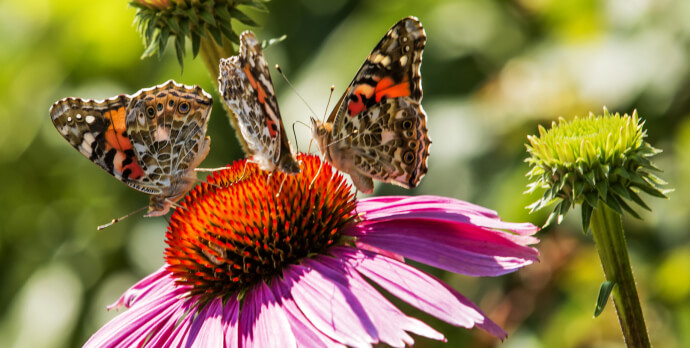
Native vs Nativar
I had an eye opening experience yesterday.
Every day I sit by a huge window overlooking my back garden to drink my morning tea. While I sat enjoying the view, a bevy of butterflies swooped into the yard to begin their daily feeding frenzy. They come almost every morning at about the same time for an extended meal and then pop in and out the rest of the day.
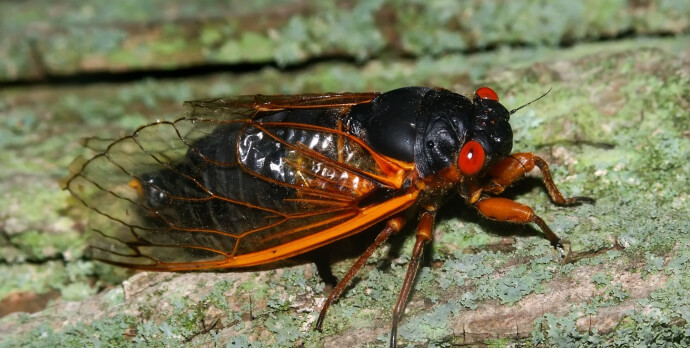
Cicada Armageddon 2024
The great cicada Armageddon is about to unfold here in mid Missouri. The recent showers we’ve had have begun to loosen the dry, crusty surface soil, allowing the entombed critters to wiggle free and begin their upward climb from their burrows where, as nymphs, they have been sucking sap from tree roots for as long as 17 years. Within days they will begin what can be thought of as their relentless assault on the quiet life as we know it.
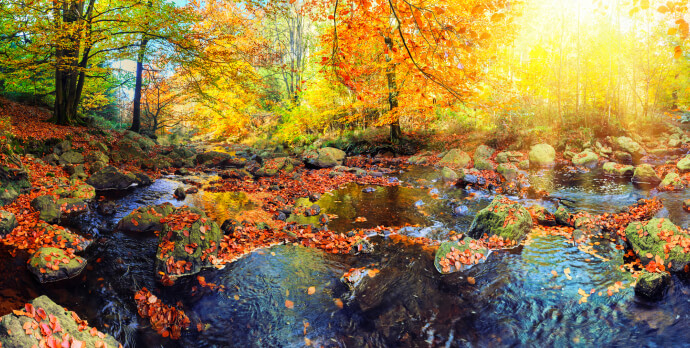
Why You Shouldn't Celebrate An Early Spring
Driving along Highway 70 today, I saw swaths of daffodils and tulips in bloom, groves of pear trees budding out and a warm breeze gave off that soft, earthy smell that signals spring has arrived. I should have been elated that winter was on the way out, but I wasn’t. March 4th is at least two weeks too early for springtime in our part of the Midwest.

45 Gifts Gardeners Really Want
A few close friends and I were having coffee the other morning when the conversation drifted off to holiday gift-giving and how difficult it can be to find that exactly “right” gift for the “right” person. We started reminiscing about some of the gifts we have received through the years, usually from our husbands. Some were sweet, some were strange and some were absolutely hilarious.
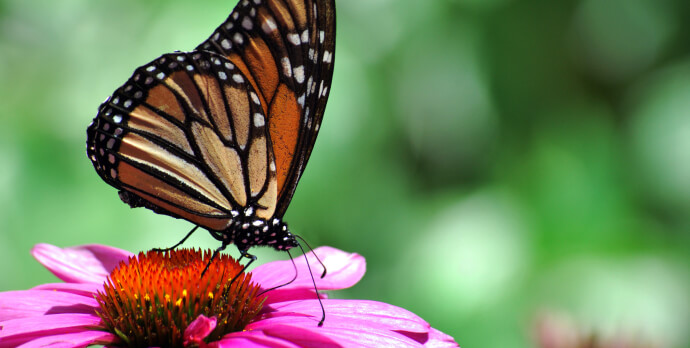
What Is A Native Plant, Really?
Our library system periodically hosts adult Ed programs for the community. The other night there was one about turning your turf lawn into a - and I quote the presenter here - a native paradise for pollinators. Figuring he knew more than I did (ours is three years old and far from a paradise), I settled in to learn.
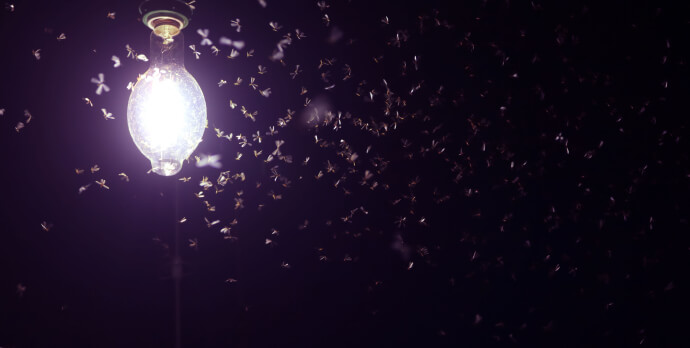
National Moth Week
This past week was National Moth Week. Don’t feel badly if you missed it - I didn’t pick up on it until Thursday. Even then I have to admit I was skeptical; my perception of moths was somewhat negative. Either they hung around the porch lights at night making nuisances of themselves or they took bites out of sweaters – expensive wool sweaters. I just couldn’t feature why moths needed to be celebrated for an entire week!
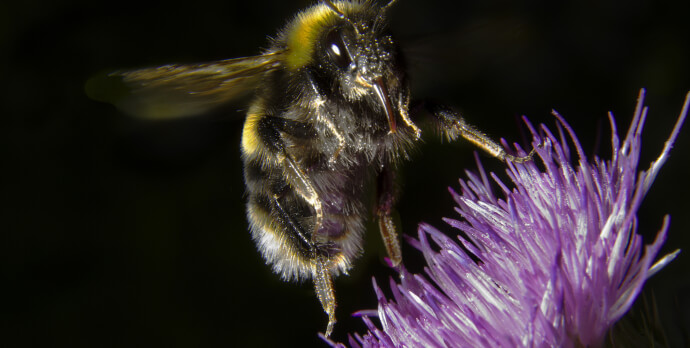
Garden Greats -- If You're A Bumblebee!
One of the most exciting things I discovered in my ramblings is that the message to protect our pollinators is not only being heard, but it is also being put into practice. In every town we visited in every one of the five states, gardens filled with native flowers were flourishing. And to top it off, bumblebees were slowly perusing the blossom buffets in four of the five states. (Unfortunately, one of our stops was Wyoming where bumblebees have already disappeared. I was encouraged though, to see that an effort is being made to draw them back; the Wyoming gardens were filled with bumblebee delicacies.)
Categories
